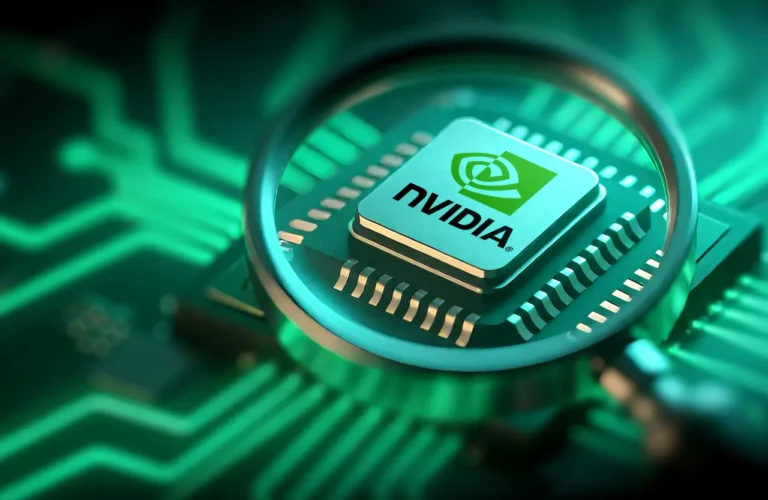Nvidia (NVDA) has denied claims that it is engaging in “circular financing,” a controversial practice where suppliers invest in their own customers to boost revenue. In a seven-page memo to analysts, the AI chipmaker pushed back against a recent Substack newsletter suggesting Nvidia is using vendor financing similar to accounting controversies from the dot-com era.
Nvidia emphasized that it does not rely on vendor financing. Unlike companies such as Lucent in the 2000s, Nvidia said its customers pay within 53 days, and the company’s revenue and reporting are transparent and economically sound.
However, prominent short sellers remain skeptical. Jim Chanos, known for predicting Enron’s collapse, said Nvidia is investing in money-losing companies like OpenAI, xAI, CoreWeave, and Nebius, allowing them to buy chips they might otherwise be unable to afford. Michael Burry, famous for “The Big Short,” described Nvidia and other AI companies as having “suspicious revenue recognition” due to these customer investments.
Chanos also warned that off-balance sheet debt being used by AI customers, including Meta and xAI, could pose risks to the market. Meanwhile, Burry said the AI sector may be overbuilding data centers and chip capacity far ahead of actual demand, echoing lessons from the dot-com bubble.
Nvidia, meanwhile, defended its market position, citing record AI chip demand and claiming to be “a generation ahead” of competitors, even as rival announcements briefly impacted its stock.
Experts say the broader concern may not be accounting alone but the massive AI infrastructure build-out occurring before real-world demand catches up.







